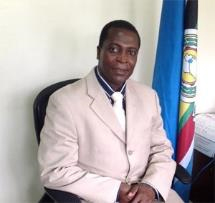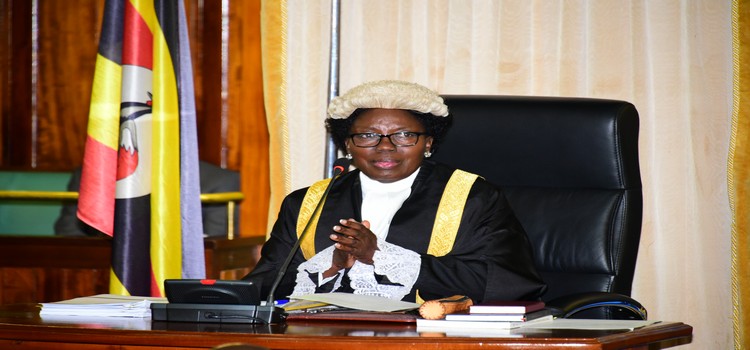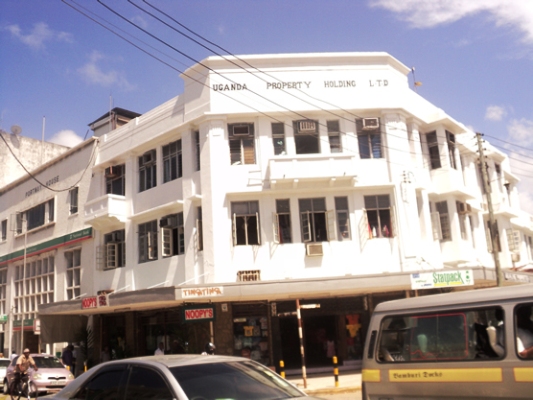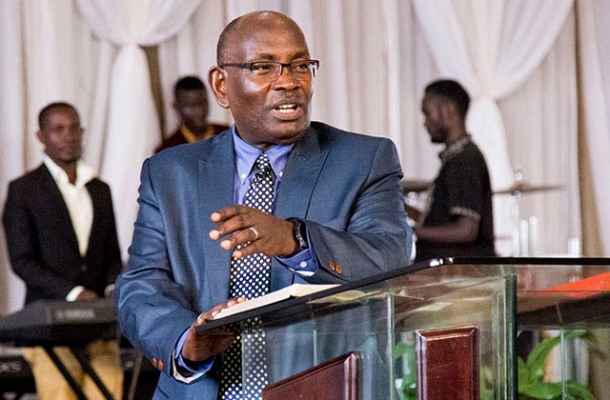Robert Frederick Oliver Mwesigwa Nviiri, a Ugandan has founded Vule Airways, a privately-owned Ugandan registered airline that will hit the skies come November 2017.
According to available information, the objective of the new airline that was founded in March this year is to fill the vacuum in the Ugandan air transport sector created by the lack of a national airline that serves both domestic and international passenger and cargo services.
“The airline is expected to form partnerships with thriving regional and international airlines in order to provide quality air transport services, training of aviators, and development of the aerospace industry. Only through intrigue-free business co-operation within the airline industry, can a successful airline be established and thrive,” the arline says.

It adds: “The establishment of VULE AIRWAYS is meant to change the mindset deeply rooted in the travelling public of the East African region that no Ugandan managed airline can thrive in the air transport industry.”
The company adds that while the local capacity is being built, VULE AIRWAYS shall make use of the existing aviation expertise in the region and also through both wet and damp lease Agreements.
“Over time, as the local indigenous aviators master the skills, VULE AIRWAYS will professionally phase out the veteran aviation experts,” the company says, adding that the airline is to be operated as a budget airline, first building the regional routes, and lastly embarking on the international routes.
“That way, VULE AIRWAYS is expected to evolve from a domestic and regional airline into a domestic and long haul airline covering all the continents of the world, as the efficient and professional financial management by the Board of Directors may deem fit,” it explains.
Business Sense
Mwesigwa, who is the Chairman and Managing Director of Vule Airways says with the new arising trend of travelling abroad by air for seminars, holidays, studies, and business ventures, there is an overall recorded annual average increase of 1% of passengers regionally, thus making a 5% increase throughout the 5-year period.
“The projected statement of financial performance indicates that in the first three years of operation, the new airline will make minimal loses USD (378,000) in 2017/18, USD (413,000) in 2018/19 and USD (652,000) in 2019/20 but eventually become profitable in the remaining three years of the plan implementation,” Mwesigwa says, adding: “Profit of USD 810,000 will be realized in 2020/21, USD 1,611,000 in 2021/22 and USD 2,079,000 2022/23. The projected statement of financial position and statement of cash flows further indicate that the company will be solvent in the short and long term.”
“Vule Airways is working around the clock to have its maiden flight in early November 2017. The Directors are committed to the success of Vule Airways and have further offered consultancy services where need arises in order to save on expenditure during the early stages of operationalizing the airline,” the airline says, adding that although they are private, they are looking forward to support from the government of Uganda.
Why the name VULE?
There is a well-known indigenous tree in Uganda commonly locally known as Muvule or mahogany in English, whose timber is famous for its strength and beauty. The airline says the founder opted for VULE AIRWAYS – deriving from Muvule tree because he wanted an airline that is locally based, strong and beautiful like the Muvule tree.
About Robert Mwesigwa Nviiri
Robert Frederick Oliver Mwesigwa Nviiri founded Vule Airways in March 2017. He served as Executive Director of the East African Community Regional Safety Oversight Organisation (RSOO) – Civil Aviation Safety and Security Oversight Agency (CASSOA) from March 2015 – May 2017, and before serving as its Technical Coordinator and pioneer staff in 2007.
He brings on board Vule Airways an experience of 23 years in civil aviation, having served in various portfolios in the Aviation industry since 1994, some of which are Uganda Airlines as a line maintenance engineer and later Planning Engineer, and in East African Airlines, where he played a key role in its establishment and operations in 2002.
He served as Manager Planning and Development, and later Director Technical Services in the same East African Airlines between 2002 – 2007 before joining services of the East African Community.
He has been a speaker at a number of aviation forums organised by ICAO – International Civil Aviation Organisation, EASA – European Aviation Safety Agency, BAGASOO – Banjul Accord Group Aviation Safety Oversight Organisation, EAC CASSOA, and IQPC – International Quality & Productivity Centre addressing issues on aviation safety and security, including remotely piloted aircraft systems (drones).
Nviiri holds a Master’s of Science degree in aeronautical engineering from Riga Institute of Civil Aviation Engineers, Latvia, having specialized in aircraft construction and exploitation, and unmanned aerial vehicles. He also trained in aviation threat and risk management, countering improvised explosive devices, bomb threat and counter-terrorism in civil aviation.
He also attained qualifications in National Security and Aviation Security Management at the Galilee International Management Institute in Co-operation with IATA in Israel.






